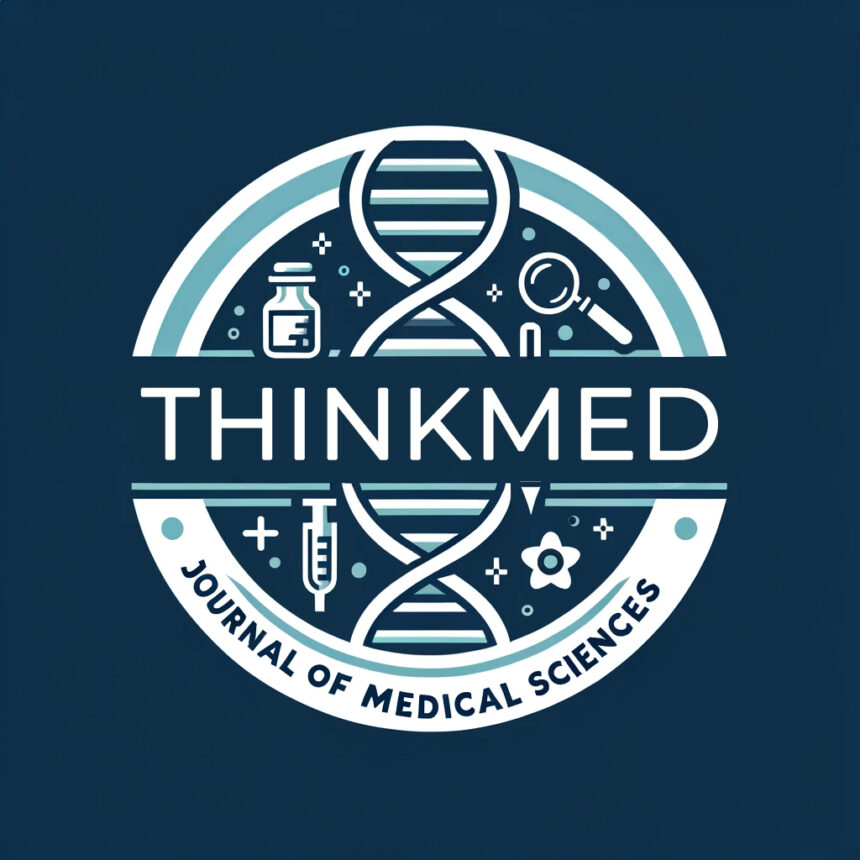Author: Dr. Vaibhav Singh, KGMU
Neonatal hypoglycemia, a condition characterized by low blood glucose levels in newborns, is a significant concern in the field of neonatology. This scientific discourse aims to provide an in-depth understanding of neonatal hypoglycemia for medical practitioners. The neonatal period is a critical phase during which the brain’s metabolic demands are high, and any disruption in glucose homeostasis can lead to adverse neurological outcomes. Thus, comprehensive knowledge of the etiology, pathophysiology, clinical manifestations, diagnosis, and management of neonatal hypoglycemia is essential to ensure optimal care and long-term neurodevelopmental outcomes in affected infants.
Etiology and Pathophysiology
Neonatal hypoglycemia can arise from various causes, including inadequate glycogen stores, impaired glucose production, excessive glucose consumption, or an increased demand for glucose. Preterm infants are particularly vulnerable due to their underdeveloped glycogen stores and inefficient hepatic glucose production. In contrast, term infants may experience hypoglycemia due to factors such as maternal diabetes, perinatal asphyxia, sepsis, or inborn errors of metabolism. Understanding the underlying pathophysiological mechanisms is crucial for accurate diagnosis and targeted management.
Clinical Manifestations
The clinical presentation of neonatal hypoglycemia can vary widely, from subtle signs such as jitteriness, irritability, or poor feeding to more severe manifestations like seizures, apnea, or lethargy. It is essential for clinicians to maintain a high index of suspicion, particularly in high-risk infants, as early recognition and intervention can mitigate the risk of neurologic sequelae. Continuous glucose monitoring or frequent blood glucose measurements are often necessary in at-risk neonates to detect and address hypoglycemia promptly.
Diagnosis
Diagnosing neonatal hypoglycemia involves measuring blood glucose levels. However, there is ongoing debate regarding the definition of hypoglycemia in neonates, with varying threshold values proposed by different guidelines. A common threshold is a blood glucose concentration of <45 mg/dL (2.5 mmol/L) in term infants and <30 mg/dL (1.7 mmol/L) in preterm infants. Additionally, it is essential to consider the clinical context, as some neonates may exhibit symptoms at higher glucose levels. Serial glucose measurements and assessment of risk factors are crucial for accurate diagnosis and guiding appropriate intervention.
Management
The management of neonatal hypoglycemia primarily involves addressing the underlying cause and providing glucose supplementation when necessary. For asymptomatic neonates with transient hypoglycemia, initiating early feeding and ensuring successful breastfeeding can often resolve the issue. In more severe cases, intravenous glucose infusion may be required to maintain blood glucose levels within the normal range. Careful monitoring of blood glucose levels and clinical symptoms is essential during treatment to avoid hyperglycemia or rebound hypoglycemia.
Long-Term Outcomes
The impact of neonatal hypoglycemia on long-term neurodevelopmental outcomes is a topic of ongoing research and debate. Some studies suggest that recurrent or severe hypoglycemia may lead to adverse cognitive and neurological effects, while others argue that early intervention can mitigate these risks. Long-term follow-up and assessment of neurodevelopmental milestones in affected infants are crucial to better understand the relationship between neonatal hypoglycemia and future cognitive function.
Prevention
Preventing neonatal hypoglycemia is a multifaceted approach that includes monitoring at-risk infants, early breastfeeding initiation, and prompt identification and management of underlying conditions. Antenatal care for mothers with diabetes and appropriate glycemic control during pregnancy can significantly reduce the risk of neonatal hypoglycemia in infants born to diabetic mothers. Furthermore, educating parents and healthcare providers about the signs and symptoms of neonatal hypoglycemia and the importance of early intervention is paramount in preventing adverse outcomes.
In conclusion, neonatal hypoglycemia is a complex clinical entity that demands a thorough understanding of its etiology, pathophysiology, clinical manifestations, diagnosis, and management. Timely recognition and intervention are essential to mitigate the risk of adverse neurodevelopmental outcomes in affected neonates. Medical practitioners must remain vigilant, particularly in high-risk populations, to provide optimal care and ensure the long-term well-being of their patients.



